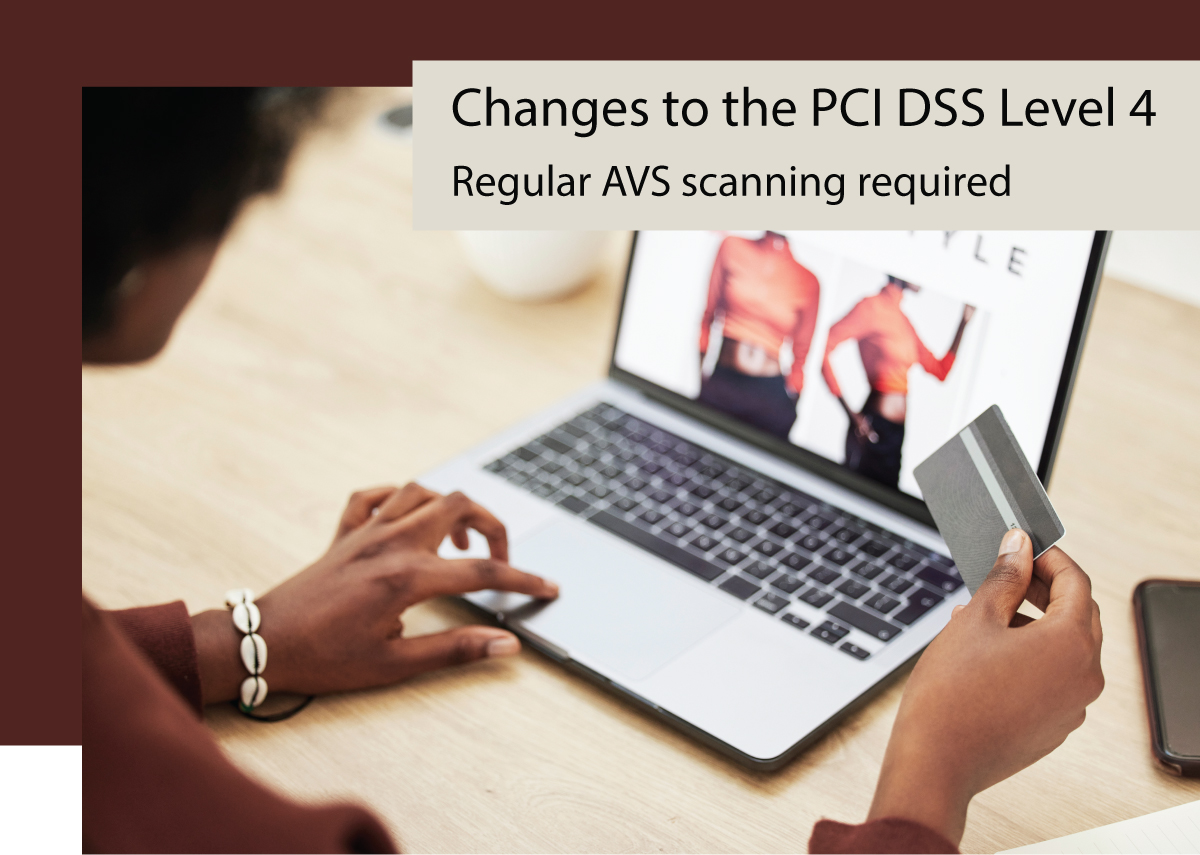
In the ever-evolving landscape of payment security, the Payment Card Industry Data Security Standard (PCI DSS) ensures that businesses protect cardholder data effectively. Significant updates have been made to Level 4 requirements, including the new mandate for quarterly Automated Vulnerability Scanning (AVS). This post will help you understand these changes and highlight how Quaife can support you in compliance efforts.
What Are the PCI DSS Levels?
PCI DSS classifies merchants into four levels based on the volume of credit card transactions they process annually. The levels determine the specific security requirements and validation methods needed for compliance:
Level 1
– Who It Applies To: Merchants processing over 6 million transactions per year across all channels.
– Requirements: Annual Report on Compliance (ROC) by a Qualified Security Assessor (QSA) or internal audit, quarterly network scans, and more comprehensive security measures.
Level 2
– Who It Applies To: Merchants processing 1 to 6 million transactions annually.
– Requirements: Annual Self-Assessment Questionnaire (SAQ), quarterly network scans, and a risk assessment process.
Level 3
– Who It Applies To: Merchants processing 20,000 to 1 million e-commerce transactions annually.
– Requirements:Similar to Level 2, but tailored for lower transaction volumes; requires an SAQ and quarterly scans.
Level 4
– Who It Applies To: Merchants processing fewer than 20,000 e-commerce transactions and up to 1 million transactions annually via all other channels.
– Requirements: Historically required an SAQ, but new changes now include mandatory quarterly AVS scanning.
Changes to PCI DSS Level 4
Introduction of Quarterly AVS Scanning
As part of the updated PCI DSS requirements, Level 4 merchants must now conduct quarterly Automated Vulnerability Scanning (AVS). This update aligns with the broader need for increased scrutiny and proactive security measures, even for businesses with lower transaction volumes.
AVS scans automatically assess your IT environment for potential vulnerabilities, helping to detect and address security weaknesses before they can be exploited. By instituting quarterly scans, PCI DSS ensures that even smaller-scale merchants maintain robust data security defenses.
How These Changes Affect Level 4 Merchants
Implementing quarterly AVS scanning means that Level 4 merchants must now invest additional time and resources into their security processes. While this might be seen as an extra layer of complexity, the benefits include enhanced data protection, improved customer trust, and reduced risk of costly data breaches.
How Quaife Can Help
Navigating the new PCI DSS requirements can be challenging, particularly for small businesses. Quaife offers expert support to ensure your compliance efforts are smooth and effective:
1. Expert Consultation:
– Our team of specialists can help you understand the full scope of PCI DSS updates and how they apply to your business.
2. Efficient AVS Scanning:
– We provide comprehensive quarterly AVS scanning services, ensuring your systems are thoroughly checked for vulnerabilities and mitigated in a timely manner.
3. Actionable Reports:
– Post-scan, you’ll receive detailed reports with insights and recommendations for addressing any discovered vulnerabilities.
4. Continuous Support:
– Beyond compliance, our ongoing support includes guidance on best practices and continuous improvement to strengthen your security posture.
As the PCI DSS landscape evolves, staying informed and prepared is crucial. The new requirement for quarterly AVS scanning at Level 4 highlights the industry’s commitment to security across businesses of all sizes. By partnering with Quaife, you can confidently meet these enhanced obligations and prioritize the safety of your customers’ data.
Contact us today to learn more about how Quaife can assist you with PCI DSS compliance and take proactive steps to bolster your data security strategy.